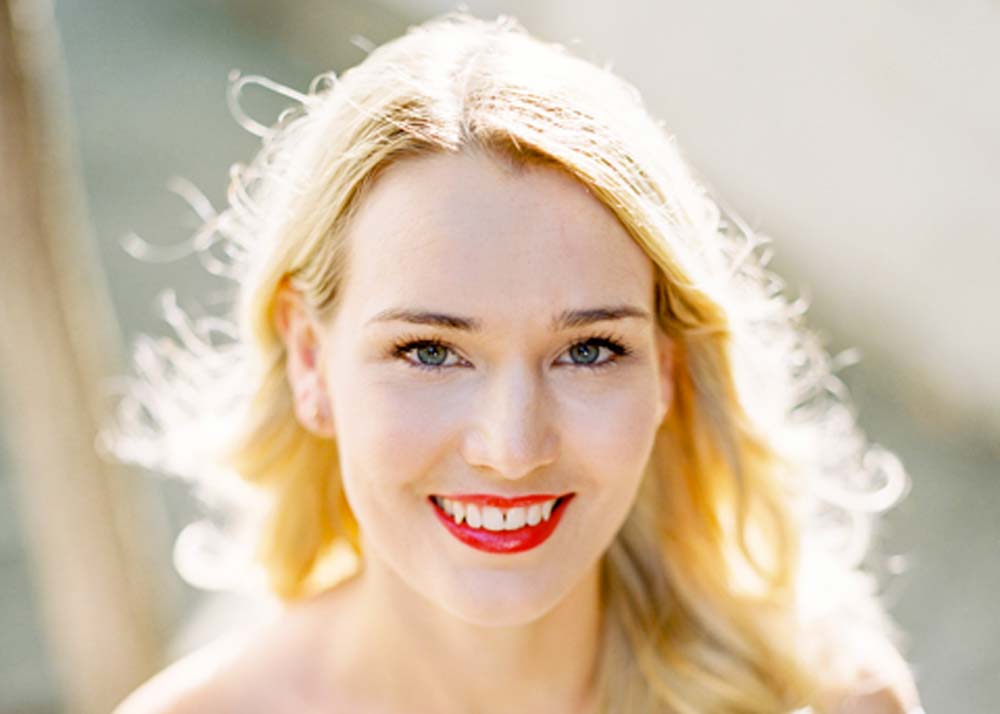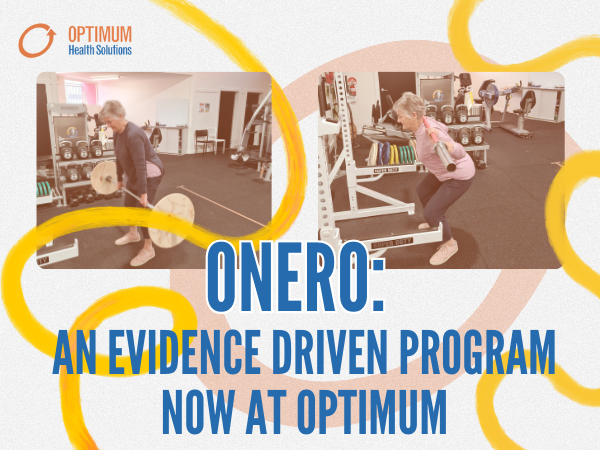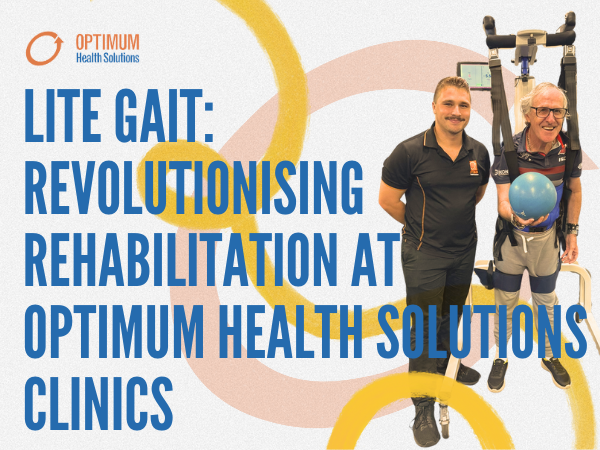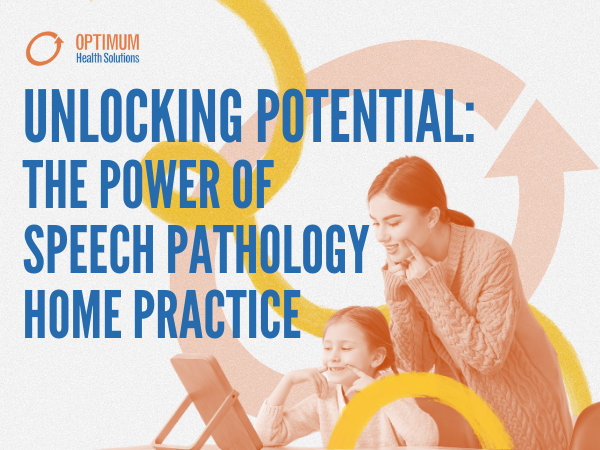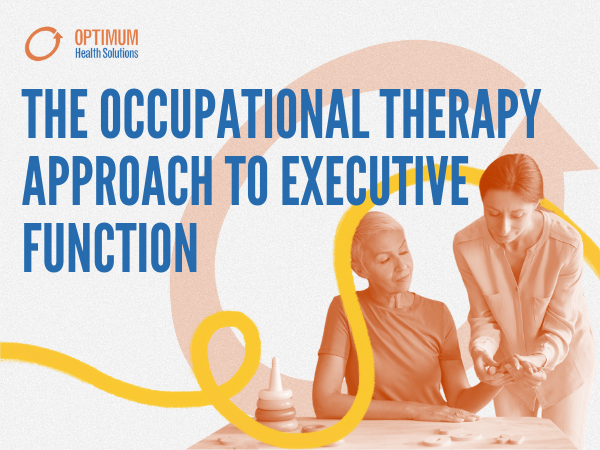An estimated 14% of Australians (1 in 7), I have Coeliac disease.
However, I am also one of a much smaller group of people who is an Accredited Practicing Dietitian as well! This Coeliac Awareness Week, I thought I would share some of my experiences as both a coeliac and a dietitian to help shed some light on a condition which is becoming increasingly prevalent.
Most people assume that I became a dietitian after being diagnosed as Coeliac but it’s actually the other way round!
I was a carb-loving girl who basically ate wheat in every way possible throughout my school years and had absolutely no issues. I was a generally healthy, (somewhat precocious) child, met all my milestones and lived off bread, pasta, cakes, Weet-bix, milo and vegemite like any other Aussie kid. After high school, I decided to combine my love of food and science to embark on a Science Degree majoring in food and nutrition, and went on to complete a Masters degree as a Dietitian! In 2010, during my first year of university however, I started getting some signals that I had issues with my gut. Over a few months, I experienced about 5 or 6 episodes of debilitating stomach cramps, to the point where it hurt to move and I would be curled over or lying down for an hour or so at a time. These occurred randomly, without any apparent cause despite me eating and drinking as I normally would, so we went to my GP to check things out.
At the GP they did a range of blood tests which all came back negative except for 1: I had a positive Coeliac Serology.
This means that there were antibodies in my blood which indicated that my body was reacting to gluten. Unfortunately, though, the diagnosis wasn’t that simple as Coeliac Disease cannot be diagnosed from a blood test alone, but requires a biopsy of the small bowel to be taken and tested for inflammation.
So the next step was to see a Gastroenterologist, who confirmed that my blood test and symptoms were likely indicative of coeliacs disease. He booked me in for an Endoscopy, a procedure which involves a tiny camera being passed through the mouth and upper GI tract into the bowel, where the Doctor can check for inflammation of the lining of the small intestine and remove (biopsy) a very small portion of this lining to be sent off for testing.
Being almost 10 years ago, I can’t remember all the details around the day of the procedure but I remember fasting (nothing but clear fluids from midnight = torture!), going to uni in the morning, and then going to the day surgery in the afternoon. They did a pre-procedure interview, took me to the theatre and before I knew it I was waking up a bit groggily in the recovery room. I went home absolutely starving and found out that Endoscopies and Thai food are not a good combination. A few weeks later we returned to the Gastroenterologist to find out that the biopsy has come back positive, and that I was officially a Coeliac.
The only treatment required was to follow a 100% Gluten-free diet for the foreseeable future…
And to repeat the coeliac serology in 6 months to confirm that the new diet was working. As a nutrition student, I was pretty okay with this diagnosis. I knew that if I followed the diet, I would be able to live a normal healthy life without any side effects, and figured that if not being able to eat wheat was the worst thing that happened to me in life, then I was pretty lucky.
My mum and I left the appointment and went straight to the supermarket to buy every gluten-free product we could get our hands on (which 10 years ago wasn’t that much), and started my new diet. I saw a Dietitian a few weeks later to make sure I was on the right track and have never looked back.
I continued with my studies and graduated as a Dietitian in 2016, when I got the job here at Optimum Health Solutions and have been working here ever since. Having this lived experience with Coeliacs disease has given me a bit of a unique selling point as a dietitian. I know exactly what clients are going through when they are experiencing food intolerances or gut symptoms and can empathise with them every step of the way. I can also recommend the best products and restaurants to make living life Gluten-free a whole lot more enjoyable.

